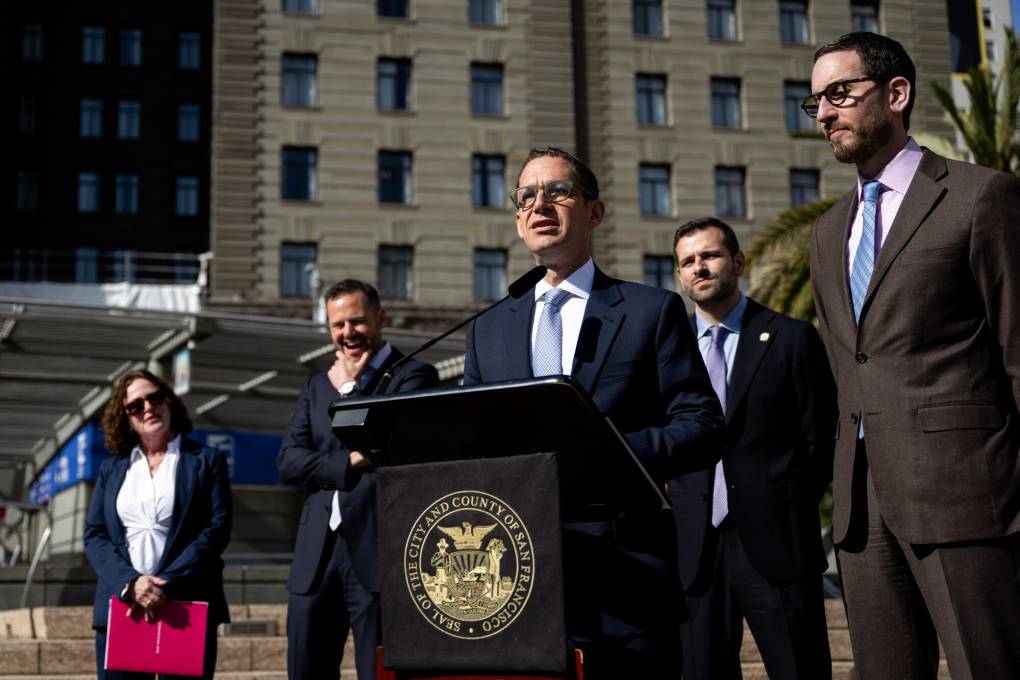Tough Love or Harsh Reality? SF Cuts Health Benefits for Inactive Addiction Treatment Participants

Public health professionals have strongly criticized a new policy that mandates drug users to engage in counseling or additional support services as a prerequisite for accessing safer-use supplies. The controversial requirement threatens to create significant barriers for vulnerable individuals seeking harm reduction resources.
Experts argue that such mandatory participation could potentially discourage individuals struggling with substance use from seeking critical health interventions. By imposing additional requirements, the policy risks pushing already marginalized populations further away from essential support systems and potentially increasing health risks.
The decision has sparked intense debate about the most effective approaches to supporting individuals dealing with substance use disorders, with many professionals emphasizing the importance of low-barrier, compassionate access to harm reduction services.
